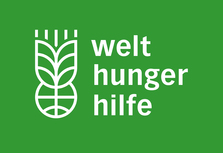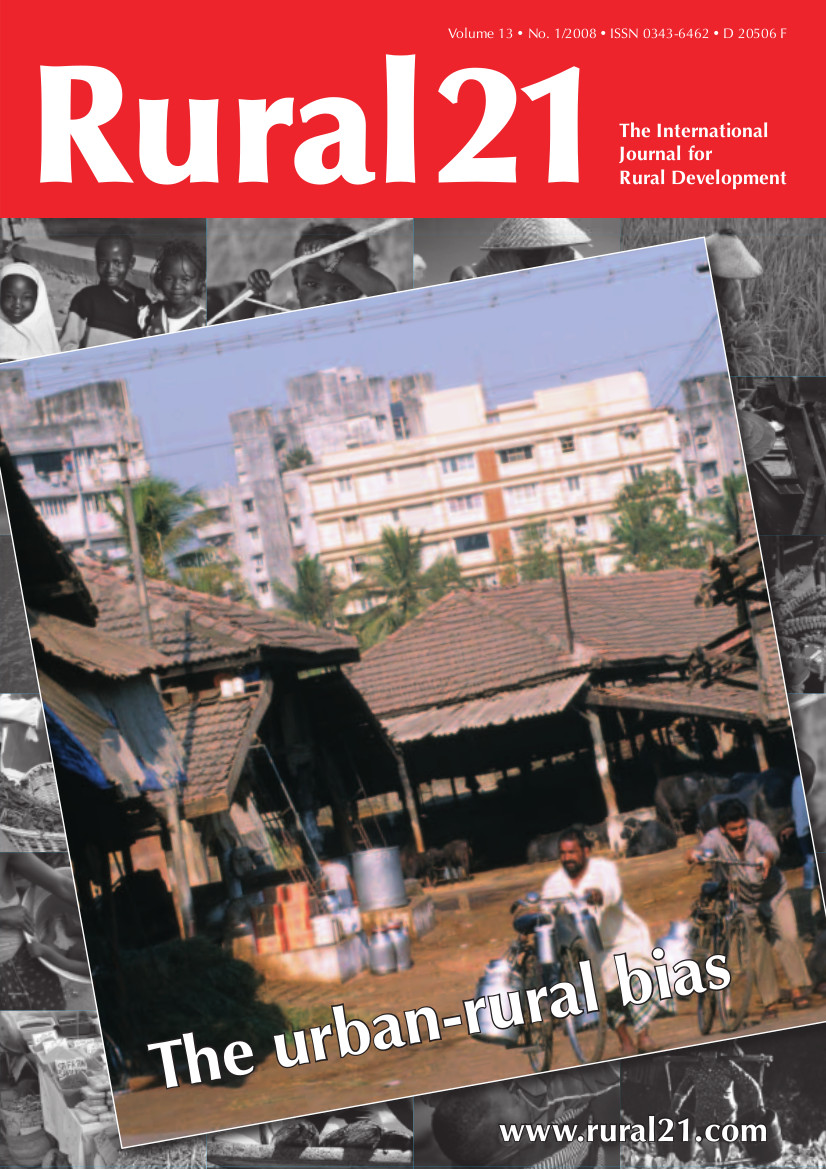Location
Welthungerhilfe is one of the largest private aid organisations in Germany, independent of politics and religion. It was established in 1962, as the German section of the "Freedom from Hunger Campaign", one of the world's first initiatives aimed at the eradication of hunger.
What we do
We fight for the eradication of hunger and poverty. Our aim is to render our work unnecessary. We provide aid from a single source: From rapid disaster relief to long-term development cooperation projects. In 2015, we were able to support 7.3 million people with 387 overseas projects in 40 countries. Since its establishment, Welthungerhilfe has supported more than 8,120 overseas projects with around 3.03 billion Euro, 5,746 of which have been self-help projects (more facts and figures in the latest annual report).
How we work
Help to self-help is our guiding principle; together with local partner organisations we strengthen structures on a grassroots level and ensure a long-term success of our projects. Moreover, we inform the public and advise politics – nationally and internationally. We thus fight for change of the circumstances that lead to hunger and poverty.
Members:
Resources
Displaying 21 - 25 of 27Afghanistan: failing state - failing cooperation?
Six years after the fall of the Taliban, Afghanistan is a long way from political stability and economic progress. The decline of state influence continues, especially in rural areas; because of the security situation, aid organisations are drastically cutting back their programmes and military considerations are taking on overriding importance.
Reinforcing Community Enrichment for Localized Engagements in Liberia
General
Stärkung der Landrechte von ländlichen Gemeinden und Lobbyarbeit zu den Folgen kommerzieller Plantagenwirtschaft in Liberia
Objectives
Ein Großteil der Bevölkerung in Leberia lebt von der Landwirtschaft. Die kleinbäuerlichen Familien bewirtschaften ihren Grund und Boden nach traditionellem Gewohnheitsrecht, d. h. es gibt keine offiziellen Landtitel. Das Projekt fördert die ökologisch verträgliche Bewirtschaftung der Landflächen und Wälder, um die negativen Auswirkungen von Großinvestitionen auf die Lebensgrundlage der örtlichen Bevölkerung zu mindern. Maßnahmen beinhalten Schulungen lokaler Regierungen zum Thema Landrecht.
Together against land grabbing: Strengthening civil society, easy-to-understand land rights
General
Strengthening civil society to defend their land rights.
Improving land rights policies (VGGT) and responsible agricultural investments (rai) through effective and mea
General
Land rights policies and responsible agricultural investments are implemented through effective and meaningful dialogue structures between the civil society and other actors in coherence with the right to food.
Enhanced land governance in peasant and indigenous communities in Bolivia, Ecuador and Peru: promoting the rig
General
Improved land and resource governance through the application of the Voluntary Guidelines on the Responsible Governance of Tenure of Land, Fisheries and Forests (VGGT) in rural and indigenous communities in Bolivia, Ecuador and Peru.




